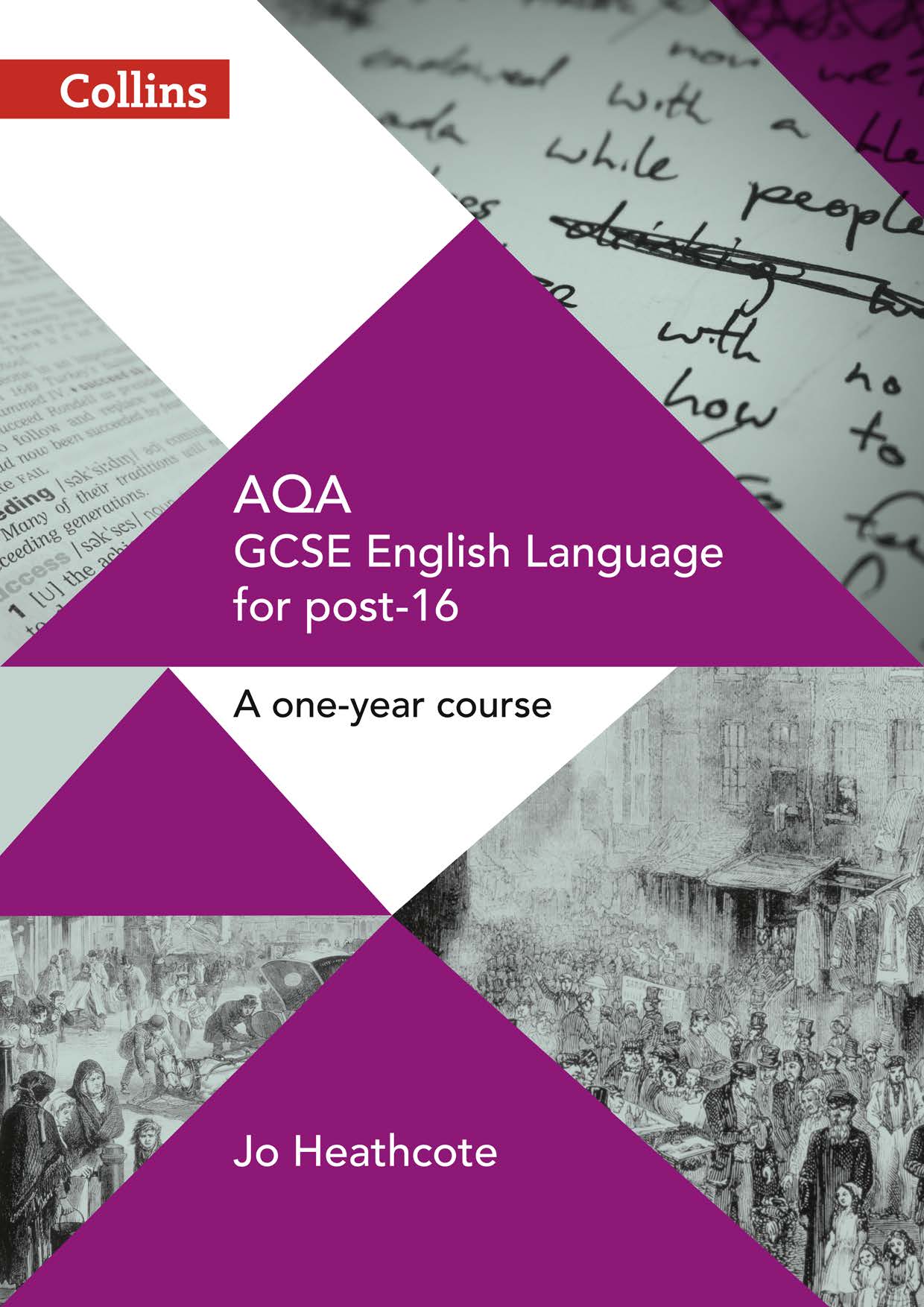With exams for the new AQA specification looming, we sat down with teacher, coach, and former AQA principal examiner Jo Heathcote to get her advice on how to best help post-16 GCSE English Language students achieve grade 5.
Q. Is it possible, do you think, to keep young people genuinely engaged with a subject whilst helping them prepare for compulsory resits?
Jo: It’s a difficult challenge, given that students can be very demotivated if they have tried to achieve their target grade before. I think we can keep them engaged by using fresh material that they won’t have seen in high school, tackling more grown up topics, building their confidence and using their experience to keep reminding them they are adult learners now. It’s important to keep reminding them this could be their key to higher education should they wish to have that option after their sixth form studies or later in life.
Q. What would you say are the key skills that most struggling students need to focus on in order to achieve a 5 or higher at GSCE English language, given the new specs?
Jo: The key skills are solid basic comprehension, the ability to find and feel confident in labelling language and structural features, learning to have more to say about the effects of those features than just the banal and general, planning writing so it is organised and clear with a range of ideas and finally, ironing out the basic errors in punctuation and grammar.
Q. And how can these best be developed, in your opinion?
Jo: For the reading skills I think students need clear methods that link directly to the mark scheme. We need to stop making this look complicated! Lots of short practices to build skills and not practice paper after practice paper. Doing plenty of reading with students to improve the range they have covered – many of them are impoverished readers and don’t read at all. Finally, workshopping writing little and often so it becomes fun and interesting and not a chore to be endured.
Q. How important – and difficult – is it to choose the right texts for students to work with?
Jo: Vitally important. As I’ve said, I think they need a fresh and interesting diet from what they may have seen in high school. Ask yourself if you’d have liked to read it when you were 16! It’s not difficult to find things, but we have to be mindful that all texts in exams have been edited to be the right length, and their vocabulary and syntax is often changed to make them more accessible. This is something we need to do with texts for classroom learning rather than just printing off huge articles or extracts that can be overwhelming and too difficult. Begin with much shorter extracts too and then increase the length so that we build the reading stamina of our students over the course. There’s nothing worse than being presented with 1500 words to read of difficult texts in week 1 to make you feel like you’ll never pass this exam.
5. What would your main piece of advice be regarding boosting learners’ confidence?
Jo: Tell them again and again that they can do it. Keep telling them they are older and wiser, more capable, have so much more to gain from this GCSE. Create opportunities for them to succeed with just one question or skill and then build on that.
NEW for 2018: Watch Jo explain exam tips for each section of the Paper 1 and Paper 2 exams.
Jo Heathcote is a teacher, coach, former AQA principal examiner for GCSE English/English Language, and author of the new AQA GCSE English Language for post-16 resources.




